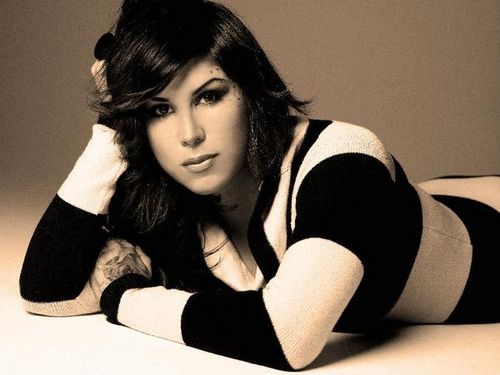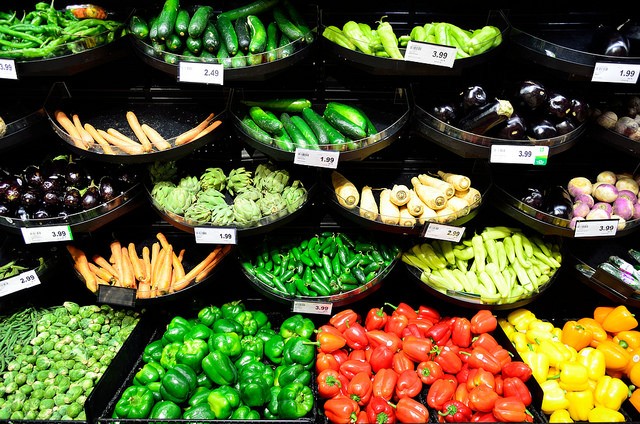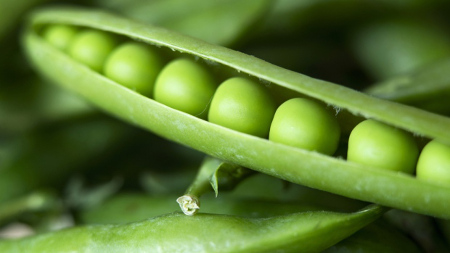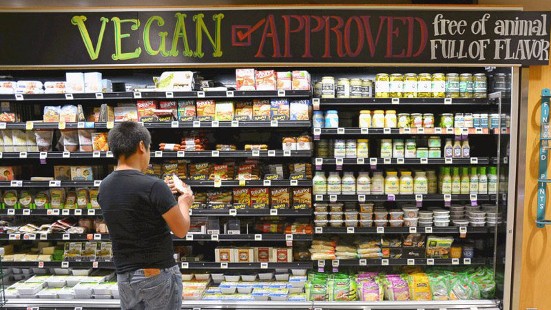After the president of the United States decided to unfollow the Paris Climate Agreement arguing it would make the United States less competitive, the US have become the only G20 country to disregard this agreement. As a matter of fact, the US could easily meet those goals by making one single dietary change: scientists from the Oregon State University found out if US citizens would replace beef by beans the US would meet its 2020 greenhouse-gas emissions goals. This would still be true if other dietary habits would remain unchanged such as eating other sorts of meat and dairy products. Read on to learn more about this exciting report.
Ecoanxiety is an emerging condition. Named in 2011, the American Psychological Association recently described it as the dread and helplessness that come with “watching the slow and seemingly irrevocable impacts of climate change unfold, and worrying about the future for oneself, children, and later generations.”
It’s not a formal diagnosis. Anxiety is traditionally defined by an outsized stress response to a given stimulus. In this case, the stimulus is real, as are the deleterious effects of stress on the body.
This sort of disposition toward ecological-based distress does not pair well with a president who has denied the reality of the basis for this anxiety. Donald Trump has called climate change a fabrication on the part of “the Chinese in order to make U.S. manufacturing non-competitive.” He has also led the United States to become the only G20 country that will not honor the Paris Climate Accord, and who has appointed fossil-fuel advocates to lead the Department of Energy and Environmental Protection Agency.
For people who experience climate-related anxiety, this all serves as a sort of exacerbation by presidential gaslight. The remedy for a condition like this is knowing what can be done to mitigate environmental degradation, from within in a country singularly committed to it.Like what? Helen Harwatt is a researcher trained in environmental nutrition, a field focused on developing food systems that balance human health and sustainability. She’s interested in policy, but realistic about how much progress can be expected under the aforementioned leadership. So she and colleagues have done research on maximizing the impacts of individuals. As with so many things in life and health, that tends to come down to food.
Recently Harwatt and a team of scientists from Oregon State University, Bard College, and Loma Linda University calculated just what would happen if every American made one dietary change: substituting beans for beef. They found that if everyone were willing and able to do that—hypothetically—the U.S. could still come close to meeting its 2020 greenhouse-gas emission goals, pledged by President Barack Obama in 2009.
That is, even if nothing about our energy infrastructure or transportation system changed—and even if people kept eating chicken and pork and eggs and cheese—this one dietary change could achieve somewhere between 46 and 74 percent of the reductions needed to meet the target.
“I think there’s genuinely a lack of awareness about how much impact this sort of change can have,” Harwatt told me. There have been analyses in the past about the environmental impacts of veganism and vegetariansim, but this study is novel for the idea that a person’s dedication to the cause doesn’t have to be complete in order to matter. A relatively small, single-food substitution could be the most powerful change a person makes in terms of their lifetime environmental impact—more so than downsizing one’s car, or being vigilant about turning off light bulbs, and certainly more than quitting showering.
To understand why the climate impact of beef alone is so large, note that the image at the top of this story is a sea of soybeans in a silo in the Brazilian Amazon rainforest. The beans belong to a feed lot that holds 38,000 cattle, the growth and fattening of which means dispensing 900 metric tons of feed every day. Which is to say that these beans will be eaten by cows, and the cows will convert the beans to meat, and the humans will eat the meat. In the process, the cows will emit much greenhouse gas, and they will consume far more calories in beans than they will yield in meat, meaning far more clearcutting of forests to farm cattle feed than would be necessary if the beans above were simply eaten by people.
Read the full article here: theatlantic.com!







